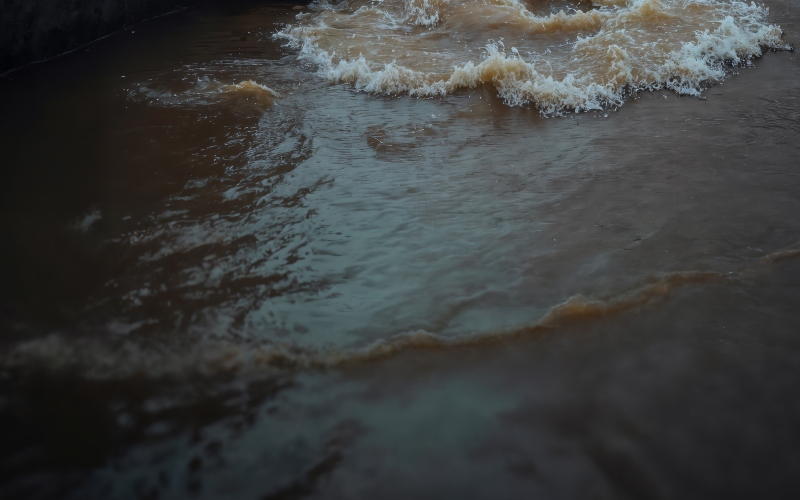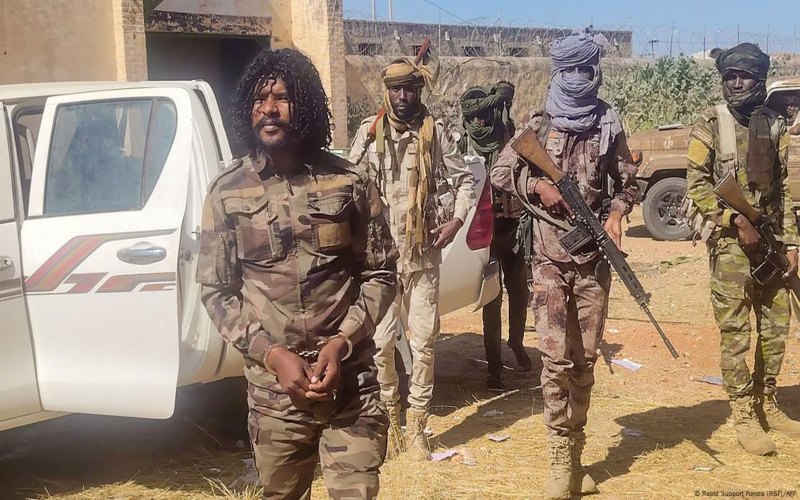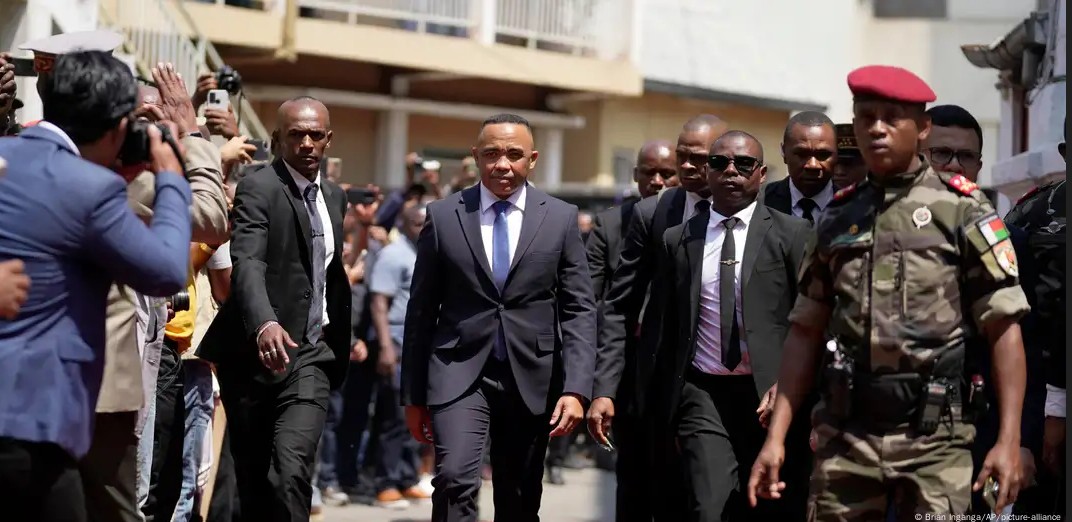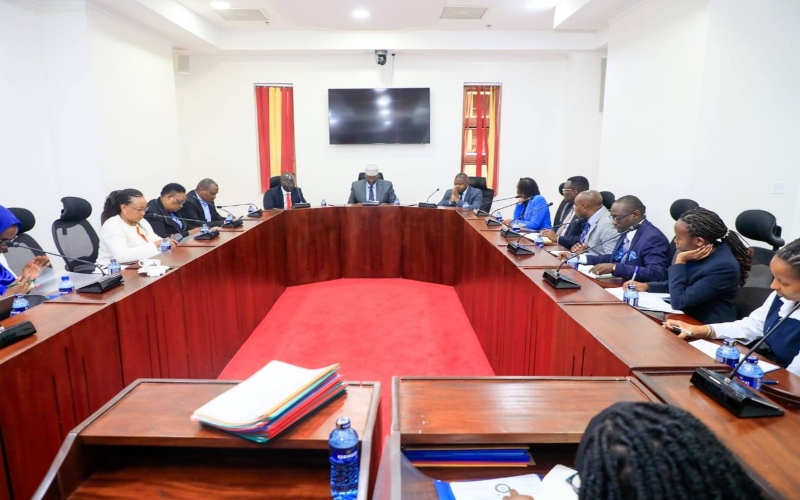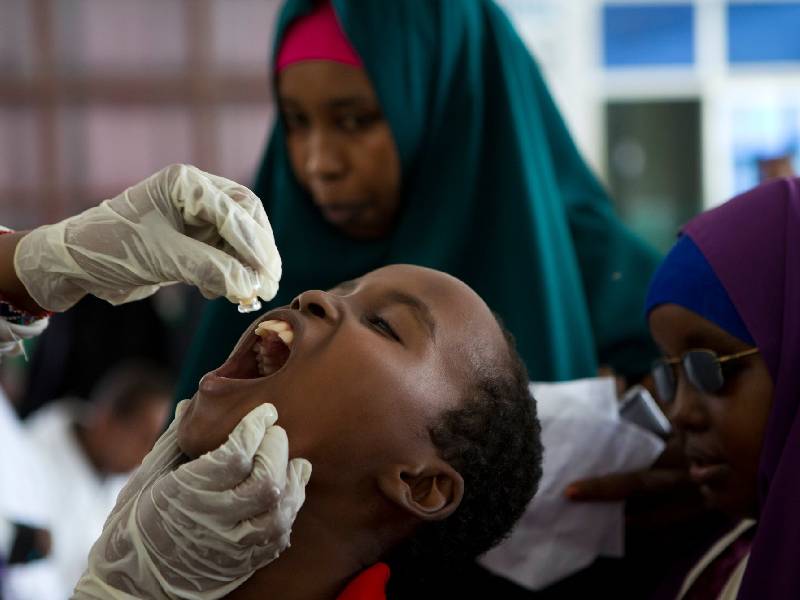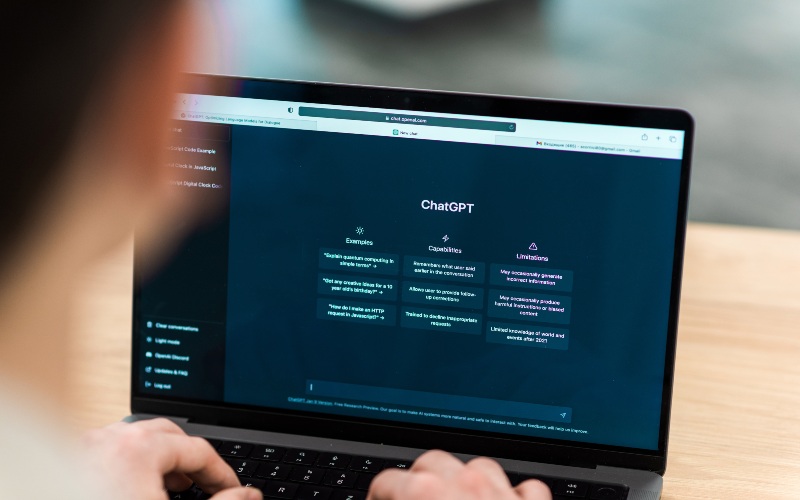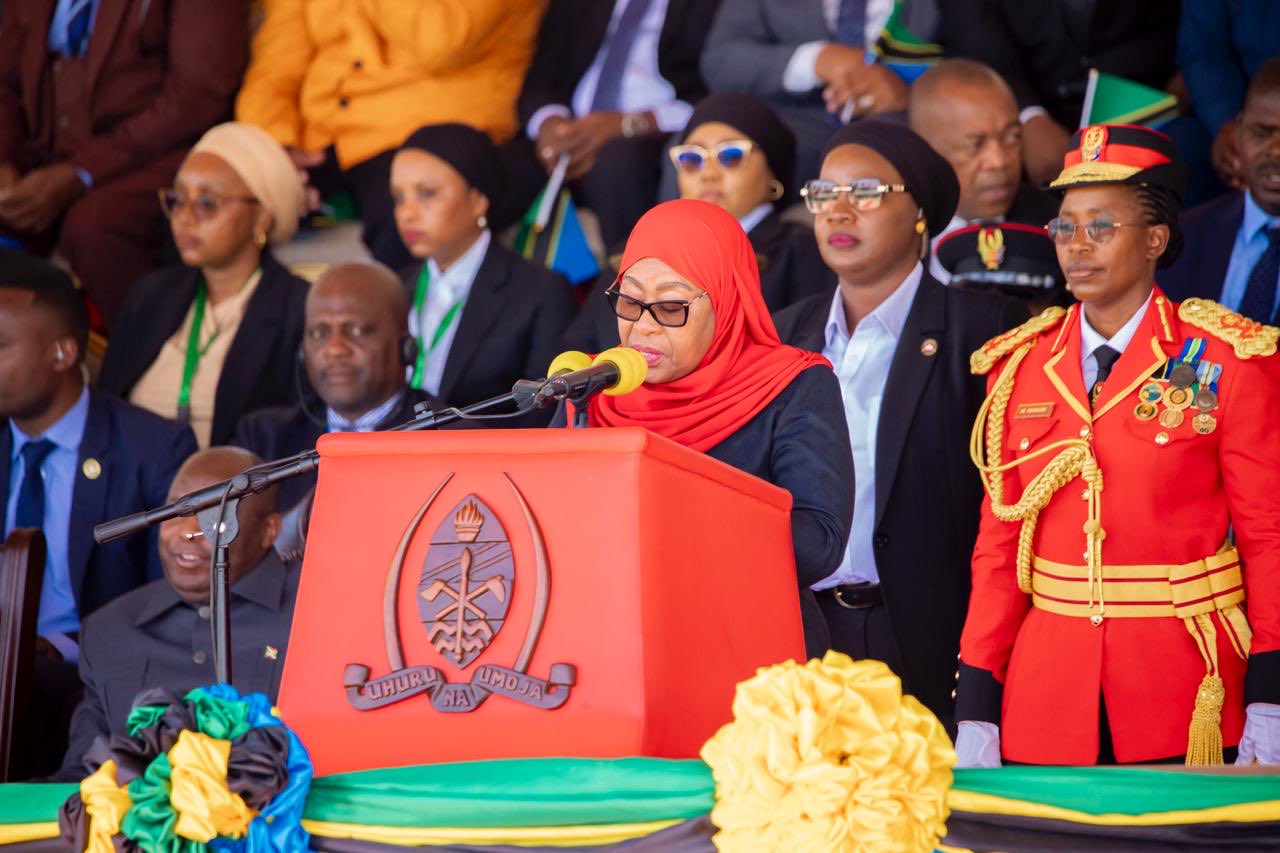EAC chair Salva Kiir begins tour to quell DRC-Rwanda tensions
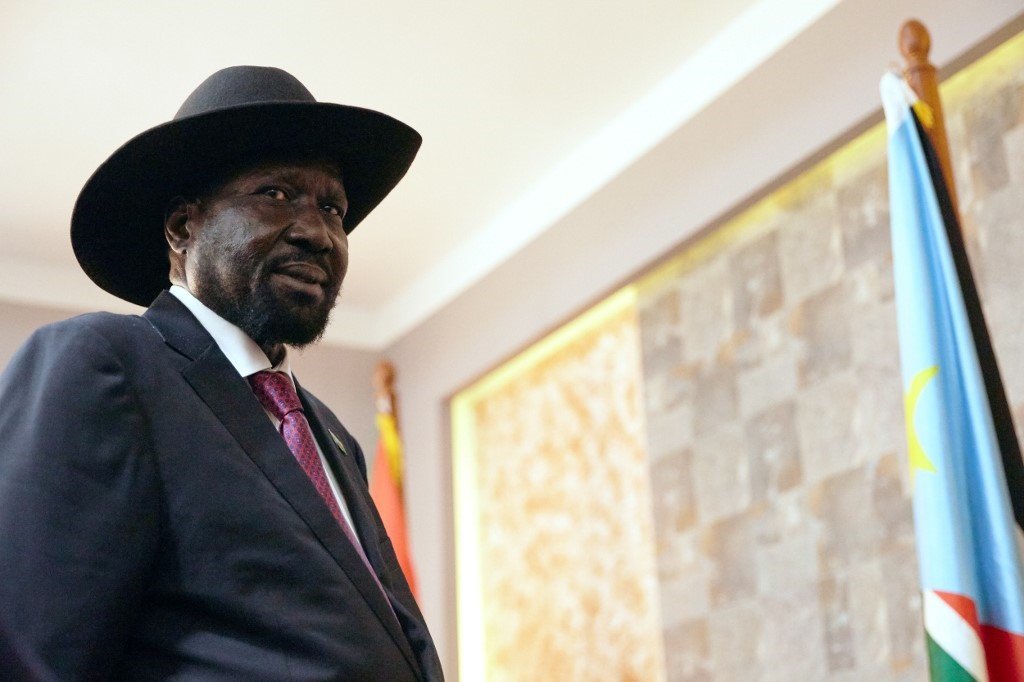
This is Kiir's first regional peace outreach since he took over as chairman of the East African Community (EAC) last November.
South Sudanese leader Salva Kiir on Thursday began a tour of three nations in the Great Lakes region to quell escalating tensions between Rwanda and the Democratic Republic of Congo (DRC).
This is his first regional peace outreach since he became chairman of the East African Community (EAC) last November.
More To Read
- Fears grow over South Sudan commentator arrested in UAE for criticising President Kiir
- MPs demand cost-benefit review of Kenya’s role in EAC
- South Sudan, Djibouti, Ethiopia and Uganda seal deal on Horn of Africa transport corridor
- EAC deploys 67-member mission to observe Tanzania’s elections
- Severe flooding affects over 960,000 in South Sudan: UN
- EAC’s future at stake as AU flags uneven progress, weak governance
Kiir, himself facing ethnic clashes and political tensions in his country ahead of elections this year, aims to "stem violence, calm rhetoric, and reduce regional tensions" in part by preventing a full-scale war.
The South Sudan President will visit Kinshasa in the DRC, Kigali in Rwanda and Bujumbura in Burundi for separate meetings with leaders. He is accompanied by Kenyan Peter Mathuki, the EAC's secretary-general and principal executive officer, as well as the secretary of the Summit of the EAC Heads of State.
Both the DRC and Burundi accuse Rwanda of supporting the M23 and Red Tabara rebels who have been wreaking havoc in the two countries. The Tutsi-dominated M23 rebels are fighting in the mineral-rich region, while the Red Tabara, a Burundian rebel group, killed a dozen civilians in a raid on a border village, leading to the closure of borders with Rwanda.
Rwanda has denied allegations of backing the two groups.
Burundi, which neighbours Rwanda, became embroiled in the conflict after officially joining the Southern African Development Community (SADC) forces fighting the M23 rebels in the Eastern DRC, a move which turned the conflict regional.
The situation has been escalated by clashes by militant groups over territory and natural resources, and political violence.
In addition to reports of mounting civilian deaths in Eastern DRC, the UN declared that the number of internally displaced people reached a record high of 6.9 million as fighting rendered a growing part of the country unsafe for civilians.
A Kenyan diplomat engaged in the Nairobi Process, a regional peace initiative to resolve the conflict in the Eastern DRC, told The Eastleigh Voice, "We shall de-escalate. Hold your horses."
Meanwhile, the African Union (AU) has warned against external interference in the ongoing crisis in Eastern DRC and called for the de-escalation of tensions between the two countries.
On Wednesday, Africa Union Commission Chairperson Moussa Faki Mahamat expressed profound concern regarding the rising tension in the mineral-rich region and urged Presidents Paul Kagame (Rwanda) and Felix Tshisekedi (DRC) to dialogue via the Luanda and Nairobi processes.
"He calls on the leaders of the region, particularly those of the DRC and Rwanda, to favour dialogue within the framework of the two African mechanisms led respectively by Joâo Lorenzo, President of the Republic of Angola and Uhuru Kenyatta, former President of Kenya, for purposes of agreeing, in a fraternal collaborative spirit, on a reasonable approach to resolving political disputes whatever their nature," a statement said.
"The African Union urges all foreign powers to refrain from any interference in the internal affairs of all African countries, particularly those in the African Great Lakes. The chairperson of the commission repeats forcefully that there will not be any military solution to problems and disagreements within the African family."
The United Nations Security Council (UNSC) met on Wednesday to deliberate on the situation that has displaced hundreds of thousands.
"The fighting has further compounded an already dire humanitarian situation," warned Bintou Keita, head of the United Nations Organisation Stabilisation Mission in the DRC (MONUSCO).
She voiced concern over "the desperate conditions" in the severely overcrowded displacement sites in and around Goma, noting more than 400,000 displaced persons have now sought refuge in the city, 65,000 of them in the past two weeks.
Top Stories Today


